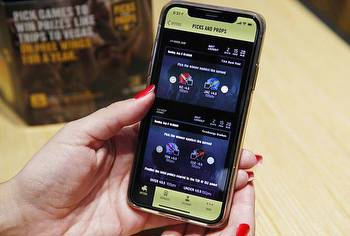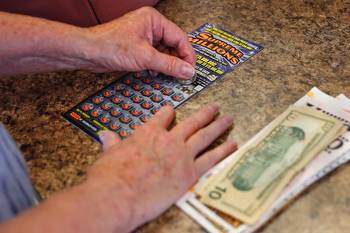Is the state lottery the new online casino?

The lines between lottery and casino games are eroding. New "iLottery" games played on a smartphone are largely indistinguishable from online casino-style games.
Lottery products are treated differently from casino games under applicable law. Lotteries are creatures of state government and casino gaming exists pursuant to narrow prescriptions.
Lottery and casino gambling products have been coexisted for hundreds of years. The first official lottery was chartered by Queen Elizabeth I in the 1560s in England. Both types of games contain three key elements: payment, chance and prize.
There are 45 states and territories that authorize state lottery products. Private-sector interactive/mobile casino gaming is legal in only six states. The Tenth Amendment gives states expansive authority to legalize and regulate gambling and lottery activities. The Constitution of the State of New Jersey expressly authorizes the state legislature to establish a state Lottery. It also establishes a Division of Lotteries within the Department of Treasury and a State Lotters Commission. They are given wide discretion to determine the means and manner in which lottery games may be conducted. In New York, the lottery is operated by an instrumentality of state government.
Greenwood Gaming and Entertainment, Inc., et al. v. Commonwealth of Pennsylvania, Department of Revenue, et. al., was a case involving seven casinos. They wanted to prohibit the Pennsylvania Lottery from offering iLottery games that were “uniquely characteristic of slot machines”. The court denied their application, concluding they didn't meet the burden of proof. The case involved a five-day trial involving documentary evidence, demonstrative evidence and argument. It also involved the testimony of the following individuals: Drew Svitko, Executive Director of Lotteries, Stephanie Weyant Fidler, Dan Cherry, William Eagan, David Schultz, Amy Bergette, John Dixon, Rhydian Fisher, and Michael Lightman.
The court in Greenwood ruled that the state lottery may continue to offer its iLottery products and compete in the online and mobile space. The court also ruled the features of the iLotto games challenged by the casinos are not signature, iconic, or key features particular to casino slot machines. The decision is likely to be appealed. It was not intended to limit the legislation for the newly authorized online games to that of instant tickets.
Greenwood case in Pennsylvania is likely a harbinger of similar cases to come in other states that legally authorize both iLottery products and private-sector interactive casino gaming. iLotto products will continue to evolve as more state lotteries enter the online market.































